
In the age of AI, emotional intelligenceeducation helps people avoid becoming copies of AI - Illustration: AI
The era of AI (artificial intelligence) is closely linked to many human activities. However, many people are wondering: Is the abuse of AI gradually taking away the "childhood" of each person, not only children, but also adults?
Professor Hoang Kiem, an AI expert, wrote an article to Tuoi Tre Online to share about this issue.
The future generation is better but doesn't know how to say sorry or thank you sincerely?
Humans were given reason to understand the world , and emotions to connect with each other. But in an increasingly intelligent world, it seems we are understanding more and feeling less.
Reason takes us far, but emotions take us back to where we belong. In the age of AI and computing, emotions, the most precious part of humanity, are being forgotten.
There are things that cannot be measured by logic, cannot be explained by data. That is the emotion that makes us human. But that emotion is gradually fading in a world filled with reason and technology.
From being the heart of education, emotions are gradually being "pushed" out of the curriculum. Artificial intelligence overwhelms human emotions: AI is now good at analyzing data, making quick decisions, predicting accurately, and optimizing emotions to attract or sell.
But AI has no real empathy, only simulates emotions, unconditional love, no forgiveness, tolerance or artistic vibrations…
Meanwhile, society is becoming too dependent on emotionless but intelligent systems, making people gradually colder, more judgmental and impatient with the emotions of others, especially children, the elderly and the vulnerable.
The result of this is: a smart but unhappy world. Children are good at computers, math, programming but do not know how to say sorry or thank you sincerely.
Adults are stressed because they are chasing productivity, KPIs, and efficiency, but they forget to hug each other, cry together, or simply listen silently.
Or in other words, society lacks people with "heart intelligence", leading to broken relationships, lack of empathy, mental crisis, and mass loneliness.
"What more can we do than AI!"
In an era where AI can write poems, paint pictures, compose music, cure diseases, etc., many people have exclaimed: "What do we have that AI can't?". But the more correct question is: What do humans have that AI can't?
The answer lies in the simplest yet most magical thing: Intuition and emotion.
In the old days, Archimedes didn't need thousands of lines of data to discover the principle of buoyancy. Just a moment in the bathtub, the feeling of "Eureka!" burst like an inner lightning bolt.
Einstein didn't have a supercomputer to simulate the universe. He just sat there imagining himself riding a beam of light, and from there came a theory that would change humanity.
Mom didn't need security cameras to know something was wrong with her child - a hunch from her heart told her.
AI, on the other hand, doesn’t have those moments. It needs data, probabilities, models, training. But it doesn’t “feel” anything. It just counts.
AI can analyze faces, voices, expressions but cannot see through silence.
It has no "social intuition", cannot "read others" with its heart. The biggest decisions often do not come from reason.
AI will choose the most efficient option. But people sometimes choose the irrational, just because of love.
Children are born with two wonderful gifts from nature: Love and surprise. The baby's eyes sparkle when seeing a butterfly flying, the baby's smile is radiant when hugging its mother's arms. Those are the most primitive, pure and sincere emotions of human beings.
If we, even though we grow up amidst the hustle and bustle of life, still keep a heart that knows how to love like a child and a gaze that is always amazed by the beauty of the world, then this life will always be fresh, worth living and full of miracles.
In the era of technology and artificial intelligence AI, it is these innocent emotions that will keep us human, able to be moved, able to share and able to light up hope in every moment of life.
Don't just teach children to be smart.
In the age of AI, emotional intelligence education helps humans avoid becoming copies of AI!
If there is an educational philosophy for the AI era, it should probably start with this: Don't just teach children to be smart, teach them to be emotional, which is also the exclusive "technology" of humans.
Why do the clouds float? Why is mom sad?
Education today cannot just be about teaching knowledge but must rekindle the fire of emotions in each child. Learn to feel joy and sadness, not just analyze the reasons.
Know how to listen to others with your heart, not just answer with your mind. Know how to say I love you, know how to hug you when you cry, know how to smile when a flower blooms.
Knowing how to wonder not only because of the lesson, but because of innocent curiosity: "Why do the clouds move? Why is mom sad?".
The core of education in the AI era is not to create "people better than AI", but to nurture people with abilities that AI can never have.
In an increasingly programmed world, children are exposed to smartphones, robotic tutors and lessons from artificial intelligence.
But that comes with a risk: Children may become smarter but colder.
When emotions are replaced by mechanical responses, when children's eyes follow the screen more than the eyes of their loved ones, childhood gradually loses the things that make it human.
We need an emotional education program that goes hand in hand with technology, where emotional intelligence (EQ) is taught as a vital subject. Where children learn to empathize, connect, forgive, be grateful, and love the world as they would their own childhood.
These are capabilities that no AI can replace.
The world will continue to change. AI will become more and more powerful. But if we can still keep childhood in our hearts, if children still know how to cry, laugh, love… then humanity still has a future.
Source: https://tuoitre.vn/thoi-dai-ai-chung-ta-stress-do-mai-chay-theo-kpi-nhung-quen-om-nhau-hay-lang-nghe-nhau-20250605171613695.htm










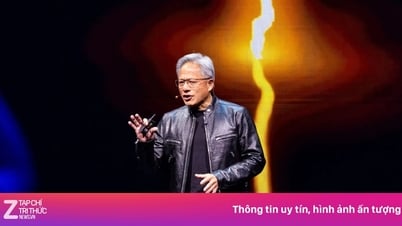


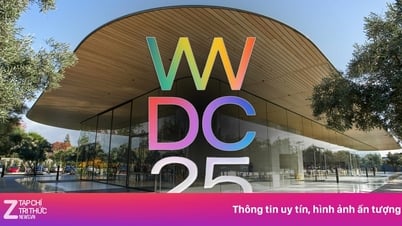











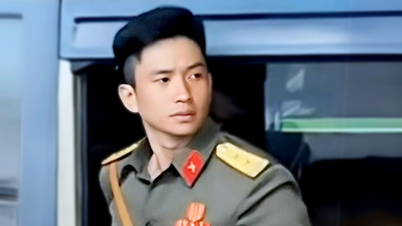

![[Photo] Nearly 104,000 candidates in Hanoi complete procedures to take the 10th grade entrance exam](https://vphoto.vietnam.vn/thumb/1200x675/vietnam/resource/IMAGE/2025/6/7/7dbf58fd77224eb583ea5c819ebf5a4e)





























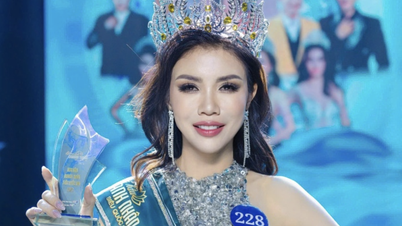
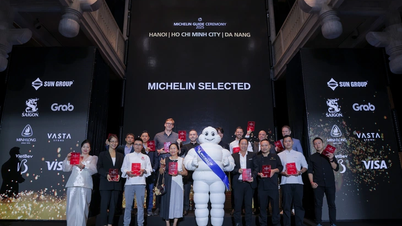






























![[OCOP REVIEW] Tu Duyen Syrup - The essence of herbs from the mountains and forests of Nhu Thanh](https://vphoto.vietnam.vn/thumb/402x226/vietnam/resource/IMAGE/2025/6/5/58ca32fce4ec44039e444fbfae7e75ec)



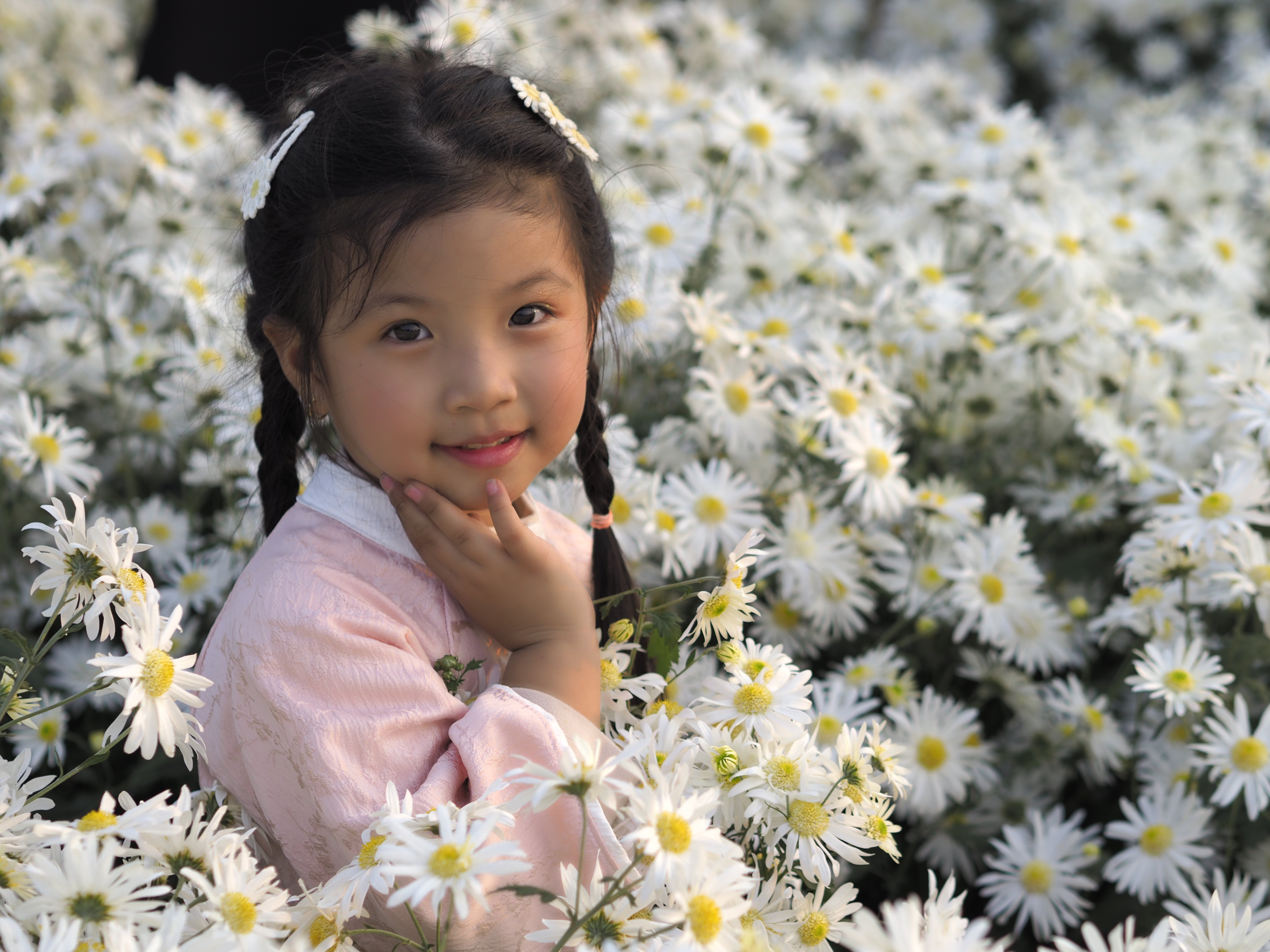
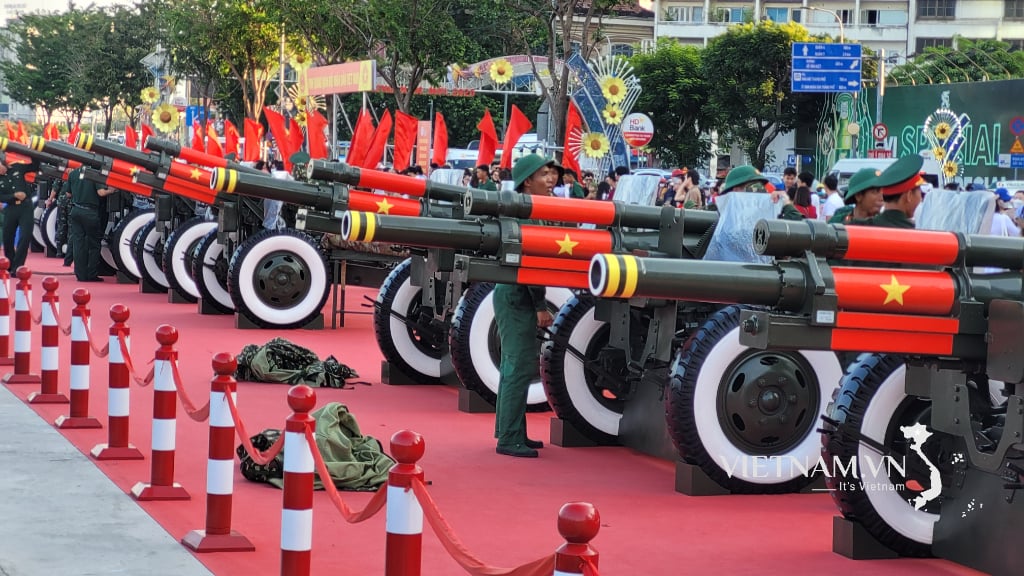


Comment (0)